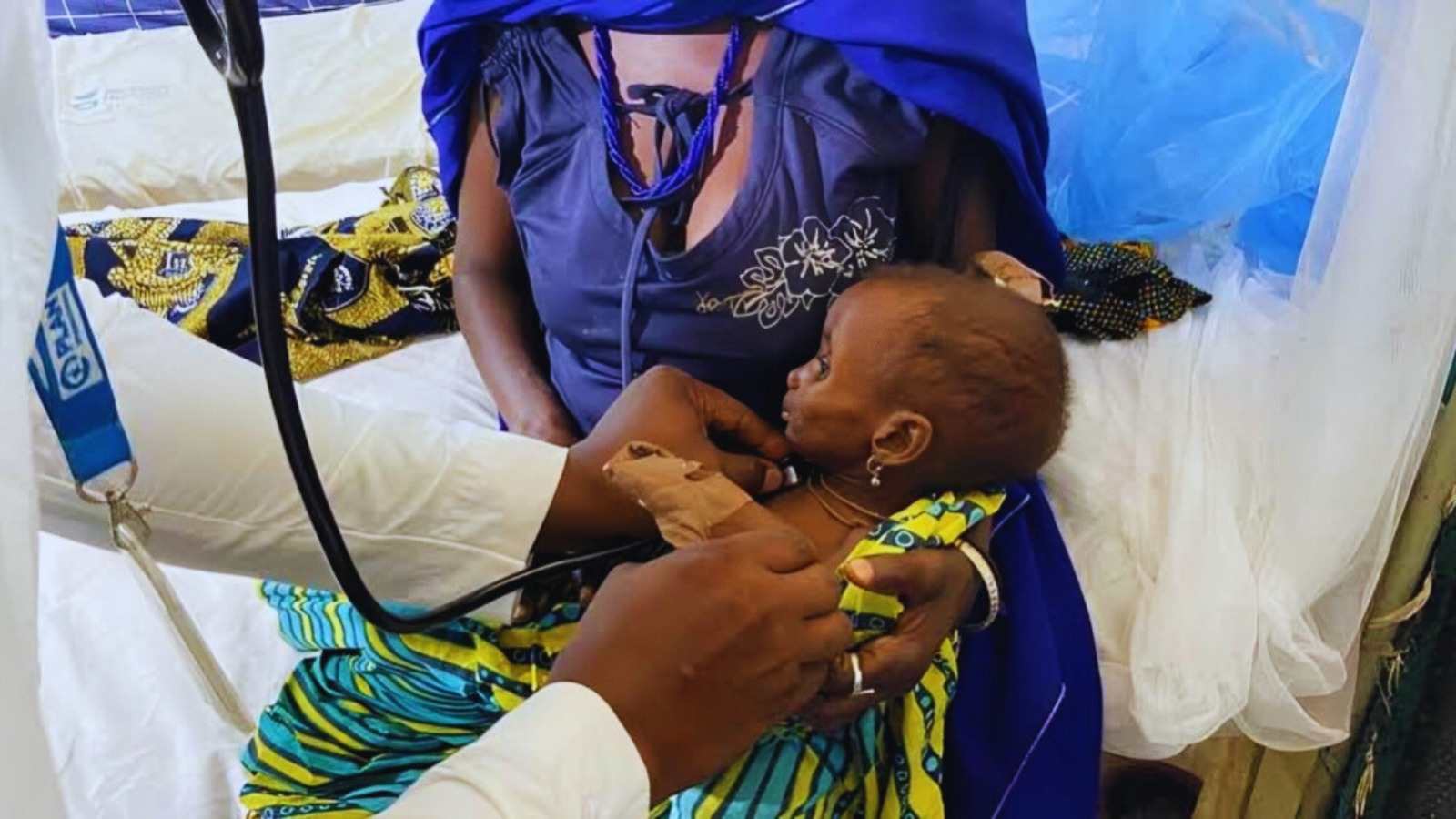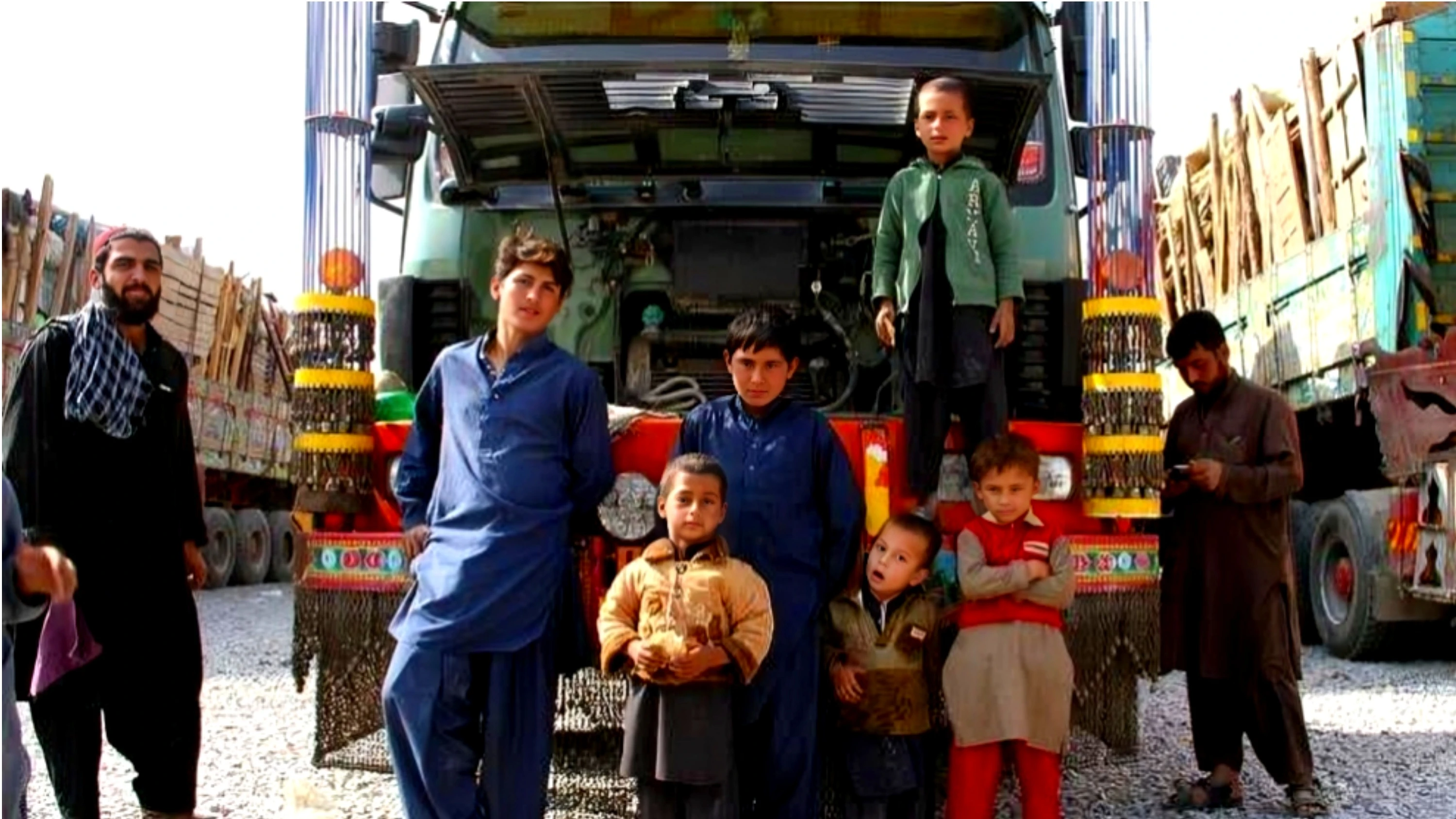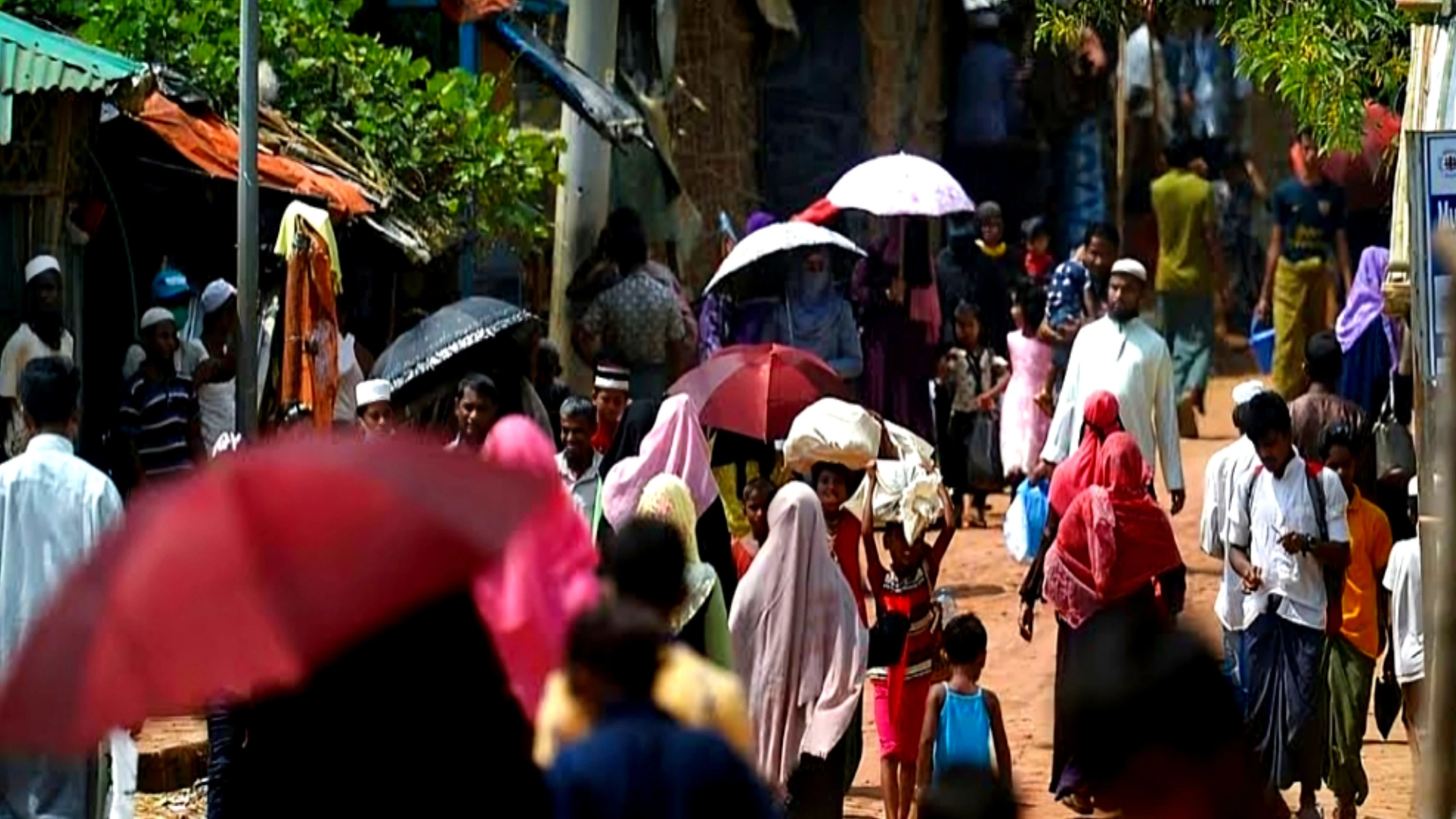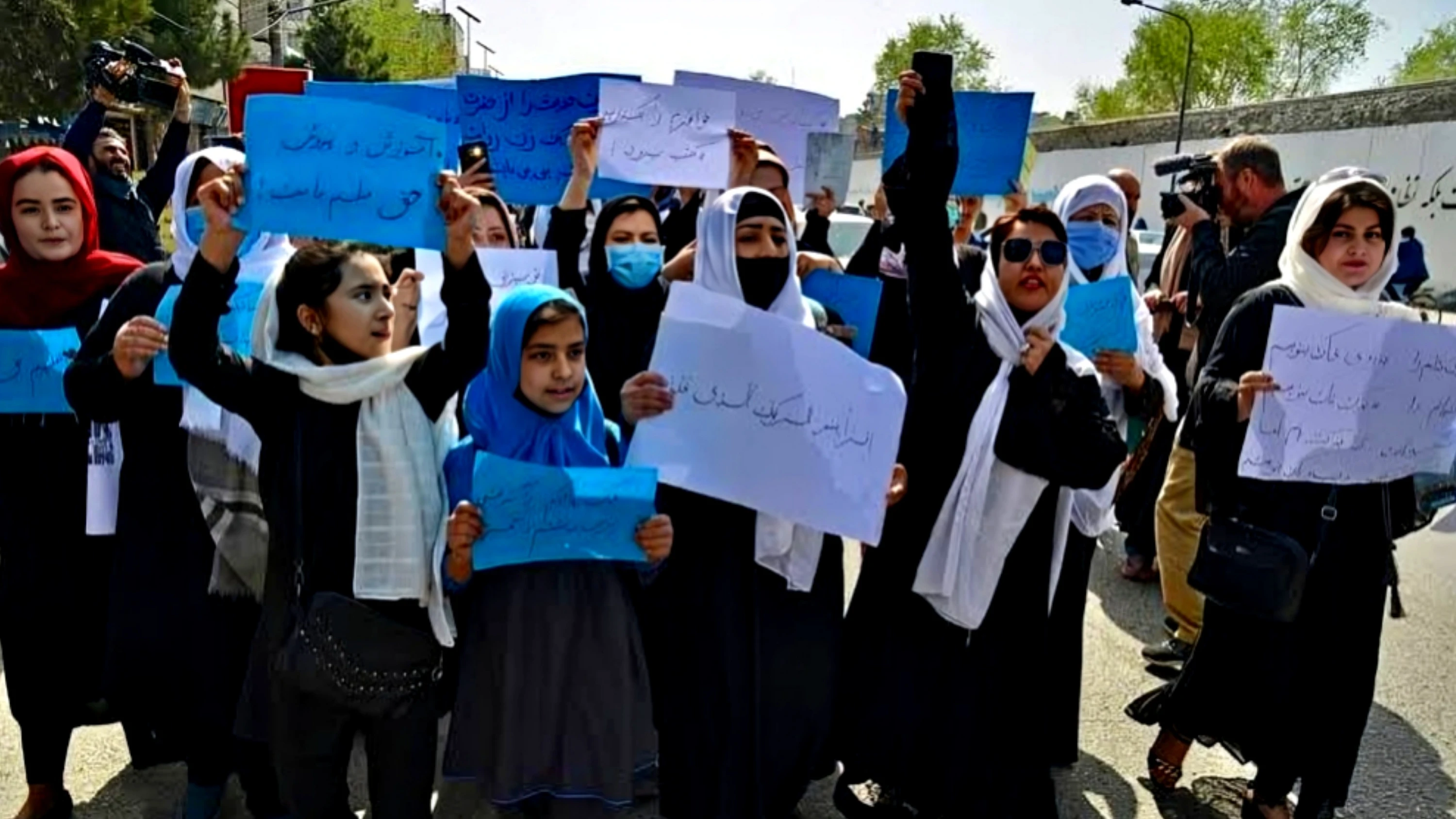Report: The United Nations Children’s Fund (UNICEF) has issued an urgent warning that it will soon deplete its supply of life-saving food for severely malnourished children in Ethiopia and Nigeria. The agency attributes the crisis to a severe funding shortfall, worsened by recent cuts to U.S. foreign aid under President Donald Trump's administration.
According to UNICEF, approximately 1.3 million children under the age of five in the two countries are at risk of losing access to critical nutritional support in 2024. Kitty Van der Heijden, UNICEF’s deputy executive director, stressed the urgency of the situation, revealing that the agency’s supply of Ready-to-Use Therapeutic Food (RUTF) could run out by May. This would leave 70,000 Ethiopian children without essential treatment.
In Nigeria, the situation is even more dire, with supplies expected to be exhausted by the end of March, potentially affecting 80,000 malnourished children. Van der Heijden, speaking via video link from Abuja, described witnessing heartbreaking scenes, including a child in Maiduguri suffering from extreme malnutrition to the point that her skin was peeling off.
Global humanitarian aid has faced significant disruptions as international donors have scaled back contributions in recent years. The situation deteriorated further when the United States – UNICEF’s largest donor – imposed a 90-day suspension on all foreign aid on President Trump’s first day back in office this January. The unexpected halt to U.S. Agency for International Development (USAID) programs has disrupted the distribution of food and medical supplies, placing millions at risk.
UNICEF warned that without immediate funding, the crisis will escalate, putting children's lives in jeopardy. The financial shortfall has also affected healthcare services in Ethiopia, including nutrition and malaria programs for pregnant women and young children. The region of Afar has been particularly impacted, with UNICEF forced to close 23 mobile health clinics, leaving only seven still in operation.
"This is not just a funding crisis—it’s a child survival crisis," Van der Heijden cautioned, urging donors to act swiftly to prevent further loss of life.








